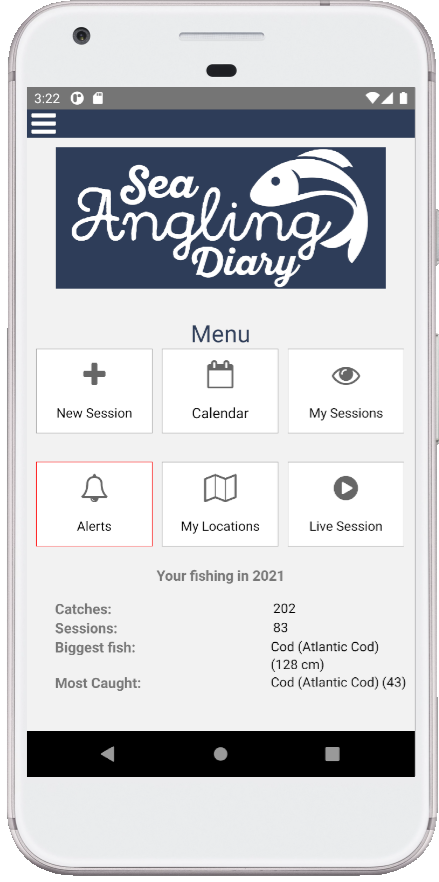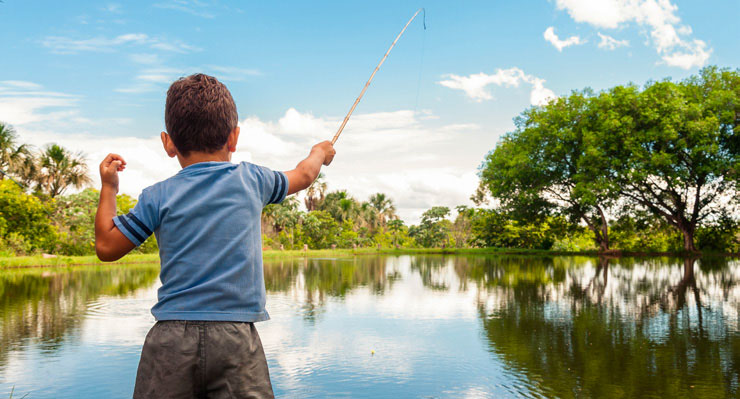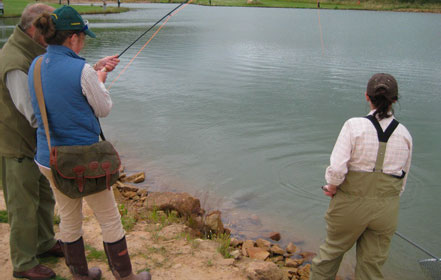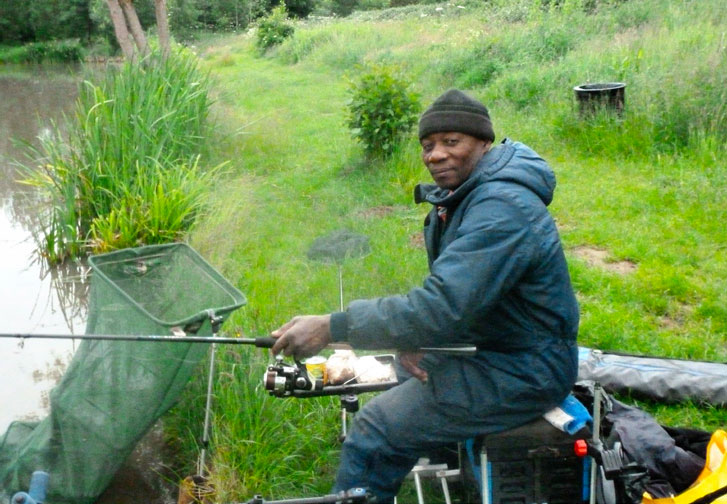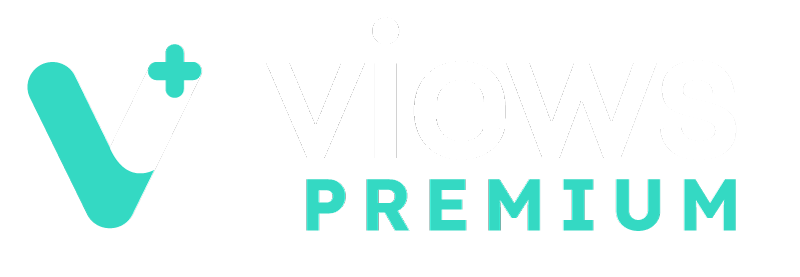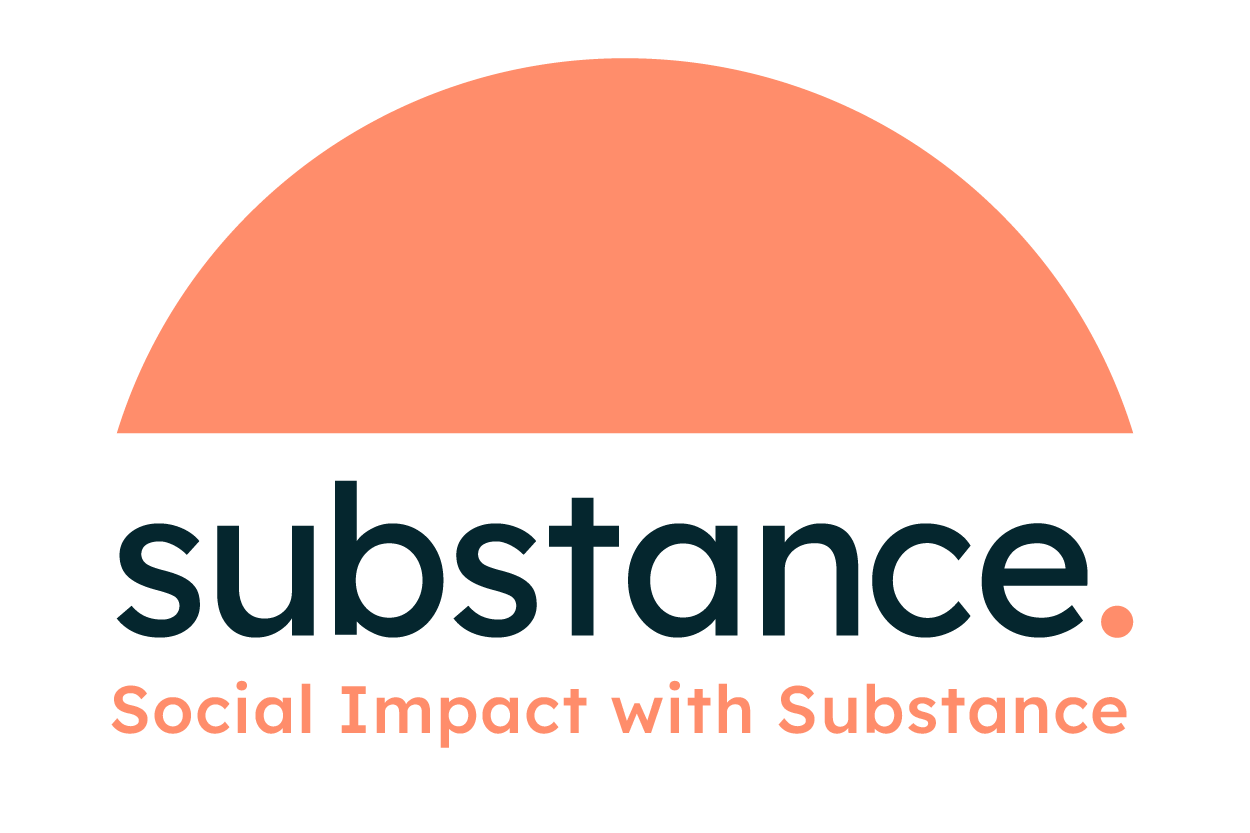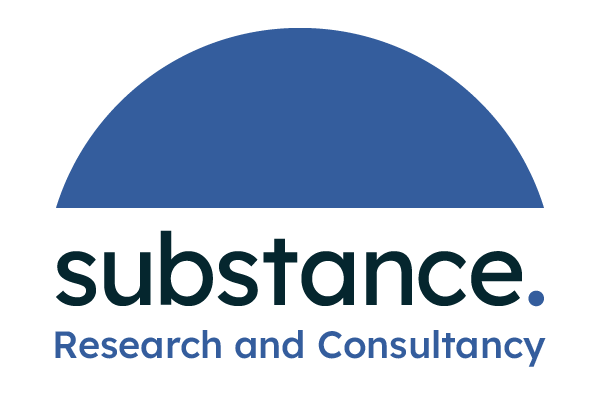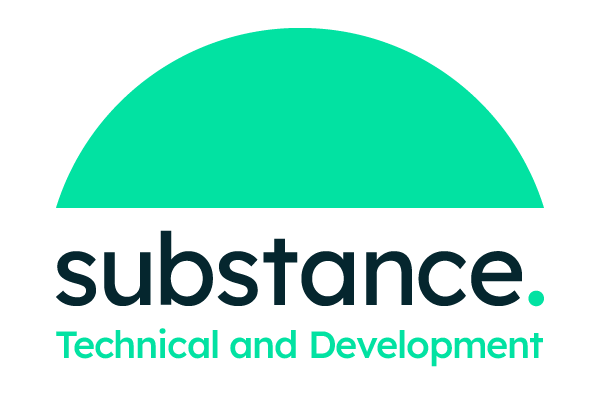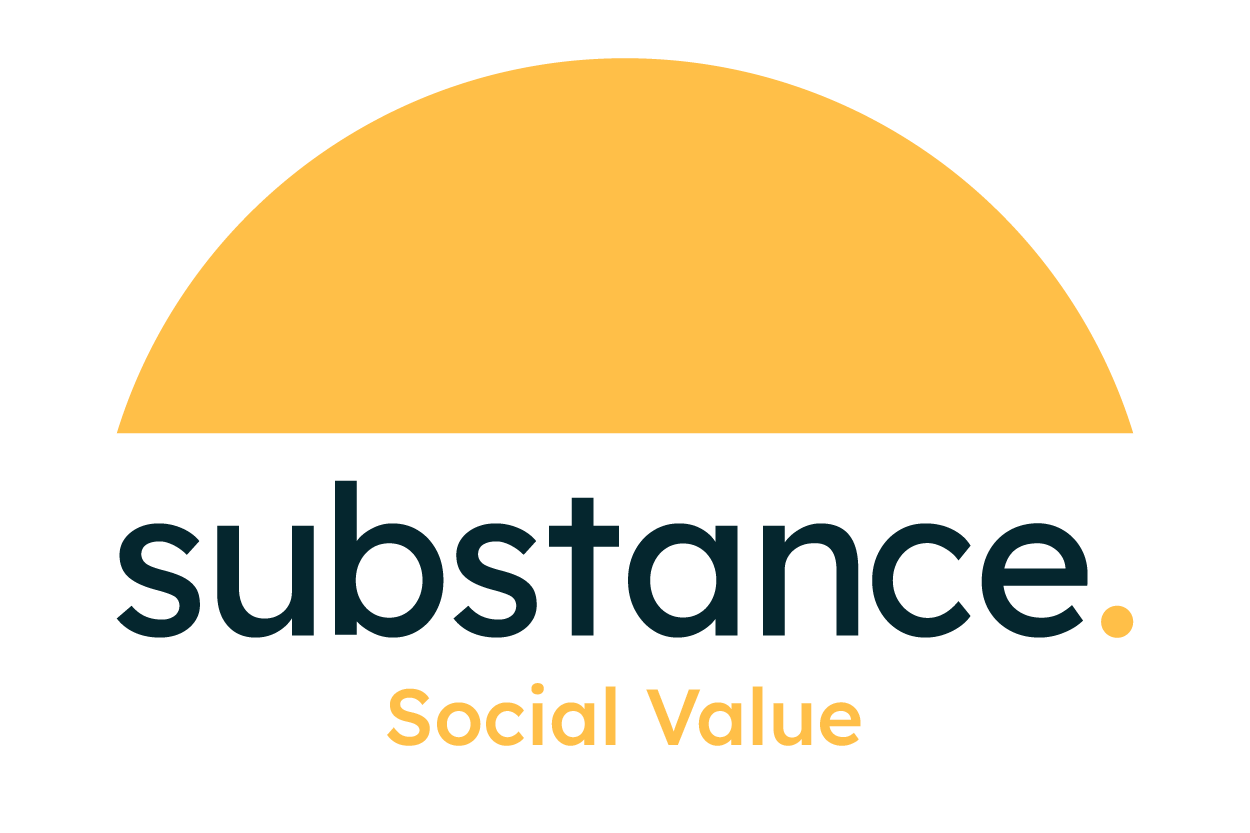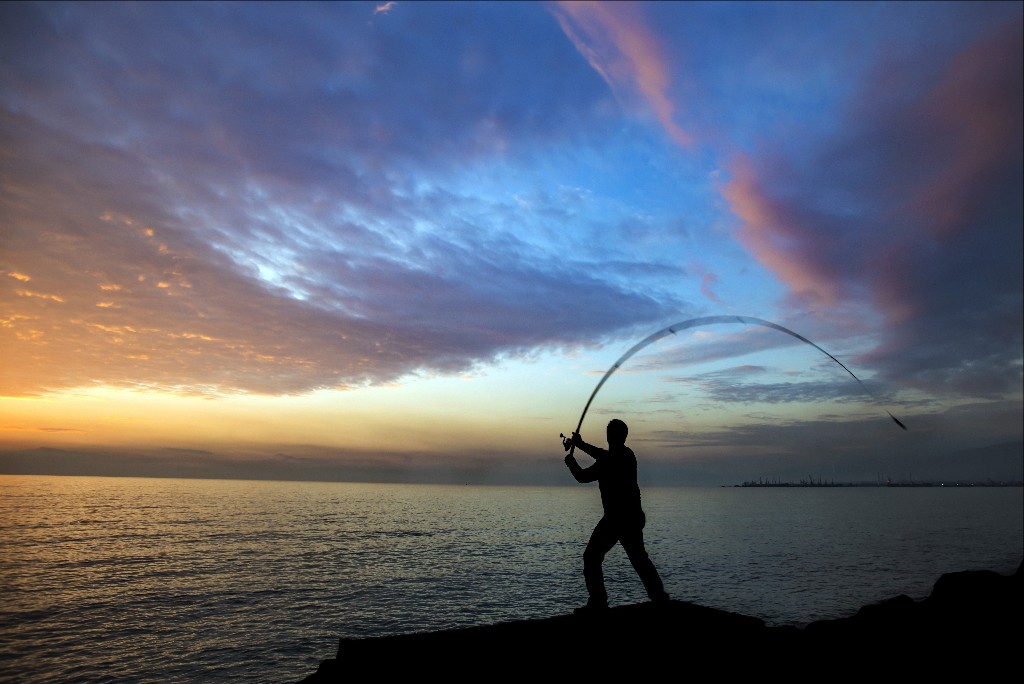
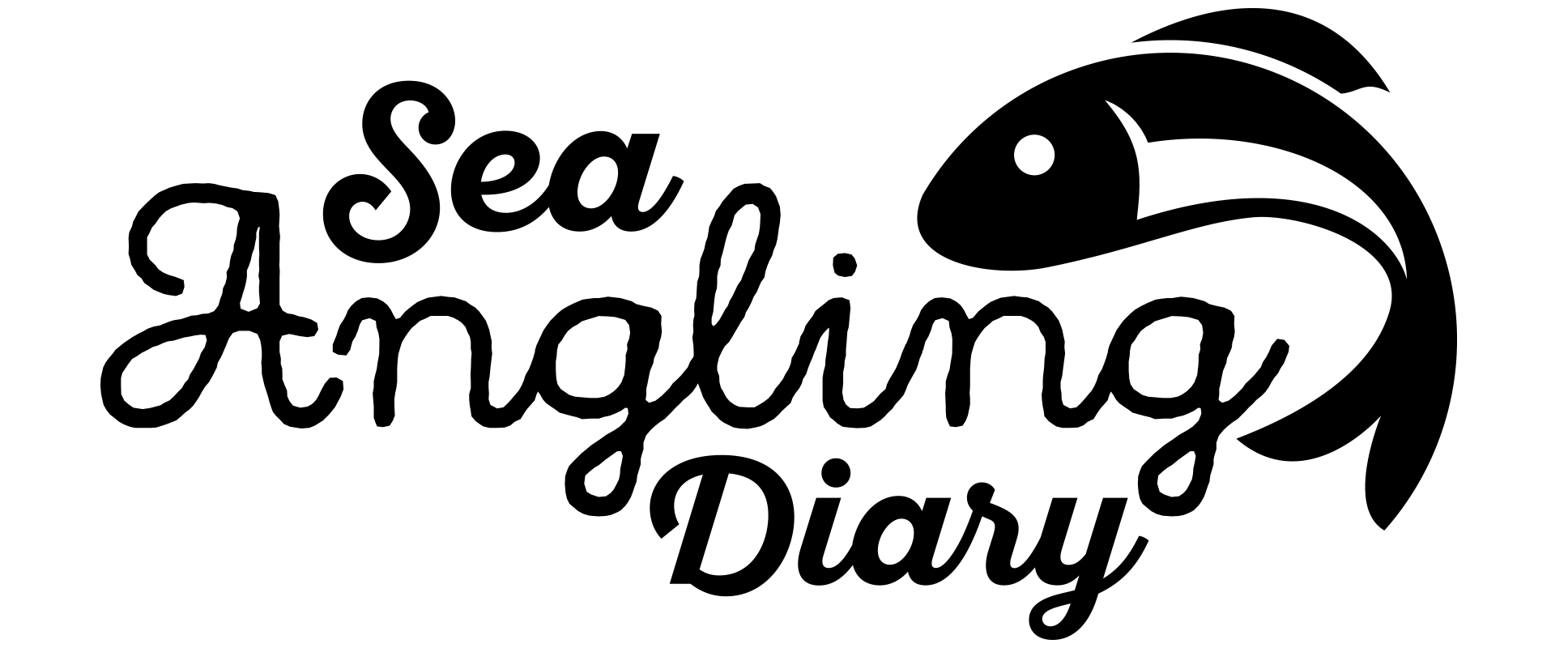
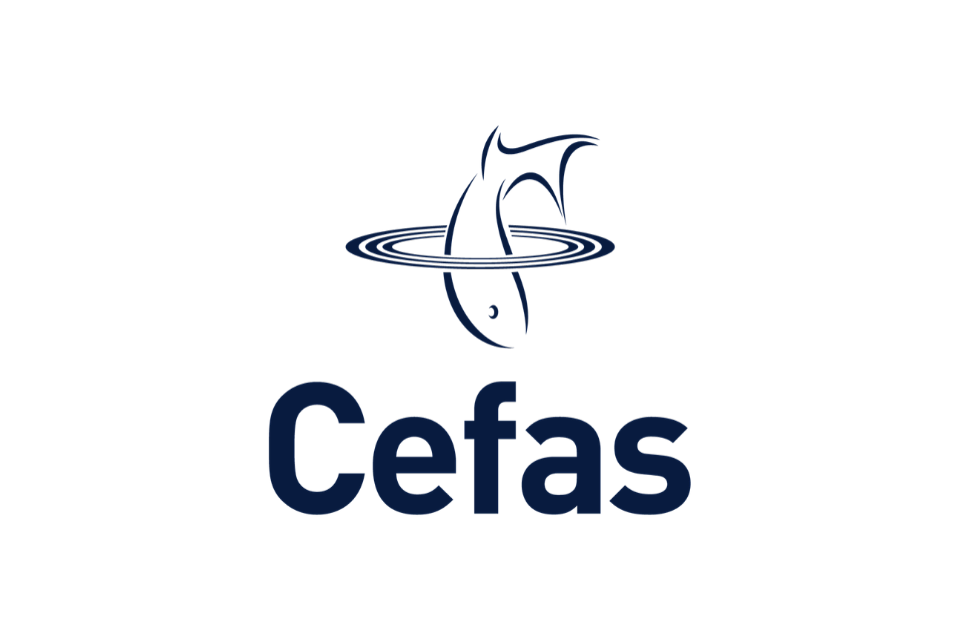
The Sea Angling Diary Project has been delivered by Substance and the Centre for Environment, Fisheries and Aquaculture Science (Cefas) since 2016.
The project helps to report the activity, catches and economic and social value of recreational sea angling, which is used to inform better decision making about the future and development of sea angling. Substance’s tech team developed the online diary tool and mobile app, making it easy for project participants to accurately record and securely store data.
Over the course of the project, thousands of anglers have contributed data, with tens of thousands of angling sessions recorded. The Substance research team engage and recruit participants, analyse the raw data and provide data summaries and reports to Cefas.
The Sea Angling Diary Project is just one of Substances angling research projects, and a wealth of knowledge has been developed in this area, working with UK anglers and stakeholders.
Read the Sea Angling Diary reports here:
https://www.gov.uk/government/collections/sea-angling-in-the-uk-reports
• Data analysis (statistical, exploratory, descriptive) and visualisation
• App data collection
• Data upload portals and storage sites/dashboards
• Participant engagement (diary panels, research ambassadors, citizen science)
• Analysis of external or supplementary datasets, such as population or organisational data
• Provision of raw and statistical datasets
• Bespoke dashboards for live data review
Overview
Sea Angling 2016 was a research study commissioned by Centre for Environment, Fisheries and Aquaculture Science (Cefas) on behalf of the UK governments and carried out by Substance. It followed the Sea Angling 2012 project, which showed the huge economic and social importance of sea angling in England, and helped sea angling bodies and government to make better informed decisions on policies for promoting the long term conservation of our valuable fish stocks.
The Challenge
The results of the diary study helped the UK meet its obligations to report on recreational catches of certain species as specified by the EU Data Collection Framework and the EU Council Regulation 1224/2009. The Data Collection Framework was established in 2002 to encourage EU Member States collect sufficient data to allow the state of European fish stocks to be monitored as accurately as possible by the International Council for the Exploration of the Seas and by the EU Scientific, Technical and Economic Committee on Fisheries. It requires collection of recreational fishery data from all forms of non-commercial fishing from shore and boats.
How we helped
The first part of the research involved a survey of thousands of anglers to get basic information about how often they fished in the sea in 2015, how often they might fish in the sea in 2016 and whether they would be willing to take part in a diary survey in 2016.
Throughout 2016 hundreds of anglers completed a diary of what they catch and what they spend on sea angling.
The study built on a wealth of experience Substance has in using research to support the development of angling in the UK in the last decade, lead by Dr Adam Brown.

